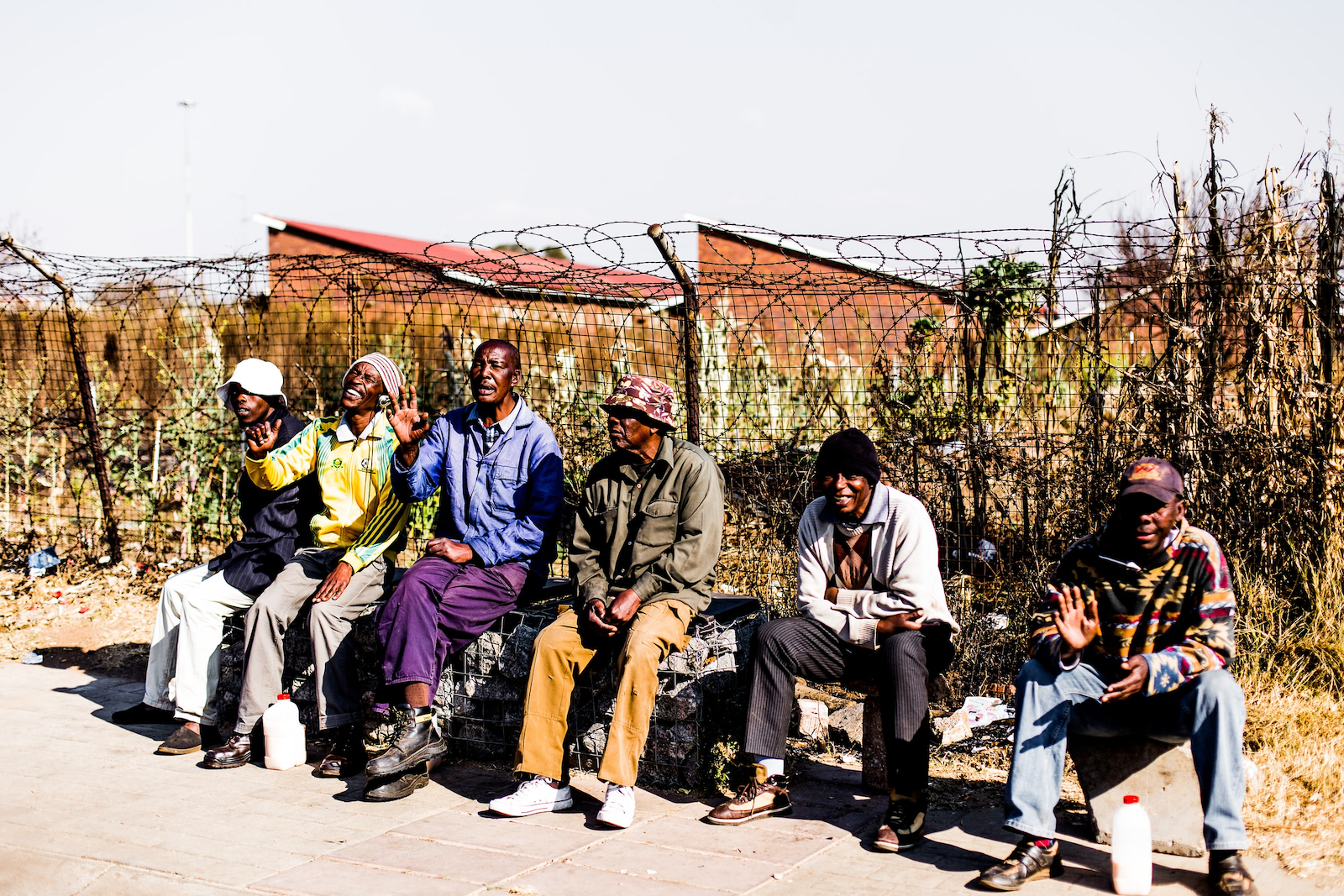
Getting Serious about Unemployment in South Africa
A few weeks back, Statistics South Africa released some bad news; the unemployment rate had hit new record highs in the fourth quarter of last year. The rate increased from 30.8% to 32.5%.
Reuters reported: “According to an expanded definition of unemployment that includes those discouraged from seeking work, 42.6% of the labour force was without work in the fourth quarter, amounting to 11.1 million people, [Statistics South Africa] data showed.”
Ann Bernstein, executive director of the Centre for Development and Enterprise, says the problem is, “We have a structural employment problem that, in our view, is caused by government policy – because of a poor education system caused by the legacy of apartheid, South Africa has a low [skilled] workforce.”
An economy can produce goods and services either through the investment of capital in technology or by labour. Bernstein notes that South Africa has “a more capital-intensive economy than we should,” when a more labour-intensive economy would make sense. The problem is you cannot have a low-skilled workforce being paid high-skilled wages. “Setting wages too high will mean unemployed people’s prospects of gainful, salaried employment would be reduced yet further.”
When government policy drives the cost of wages above their value, the result is a more capital-intensive economy and fewer jobs. Regulations that drive the cost of labour above-market rates create unemployment. Politically, it feels good, but in practice, it does not work. Instead of employing lots of people at higher wages, the results are fewer jobs and increased unemployment – precisely what we see happening.
South Africa needs to reduce the price of labour in order to create more jobs, otherwise, the trend towards a capital-intensive economy will continue.
In 2015, the World Bank emphasised two things for South Africa: “The importance of job-intensive growth and the need for the education and training system to produce a more skilled workforce better attuned to evolving labour market demands.”
In one important way, the government has put the cart before the horse. It wants wages, which are privately paid, put ahead of skills, which are largely dependent on state education. That passes the burden to the private sector, which suits politicians, but fails the people. It requires high-skilled wages to be paid to lower-skilled workers, which merely destroys jobs.
Instead of reforming education and increasing the skills of the workforce, it passed legislation driving up the cost of labour. It is as if the government believes the solution is higher wages instead of higher-skilled workers worth higher wages. Of course, to a large degree, the skills of the population depend on the education they are receiving.
Instead of endless bailouts for failed state-owned enterprises, a properly funded education system is of far greater importance to the nation.
It is legitimate to note that the deficiencies in education were inherited, but, at some point, this government has to take responsibility for its own failures. Amnesty International reminds us that “A 2017 international survey revealed that 97% of Grade 4 children (aged 8 to 9) in South Africa scored the lowest of the 50 participating countries in a reading and literacy test, with 78% of the students unable to read for meaning.”
One should remember that the current government came to power in 1994, well over a quarter-century ago, at least one decade before current school-leavers were born.
If the government cannot produce the schools needed, it should allow private alternatives to flourish. One problem, of course, is the cost. Calisile Sangweni, a security guard in Johannesburg, told The Daily Vox: “Private schools are better than public schools. My children currently go to a private school, but I can barely afford it. In the near future, I may have to take them to a public school and that worries me a lot because I do not trust public schools. The teachers in public schools cannot teach and the children don’t have a bright future. The children in public schools generally don’t do well and I want to give my children the best education I can get them.”
One alternative is to allocate funds for education on a per-student basis and allow the funding to follow the student, regardless of whether they attend a state school or an independent one. Yes, this is a long-term problem requiring a long-term solution, but 27 years is a pretty long time!
One less obvious short-term solution is to turn the titles of all current state housing over to the residents. This would immediately provide capital to lots of people, which allows them to invest in their own businesses. One problem in economic development, where informal housing is significant, is residents cannot use the capital value of their homes to finance business ventures they may wish to pursue.
The same can be done for street vendors, who have used public spaces to sell their wares and produce. They do not hold title, in spite of having used it, in many cases, for years. Turn over the titles so they have capital and legal security, then they can create proper stands for their goods and improve their ability to make a living. Untapped entrepreneurship is everywhere; changing the regulations of the game can help unleash it.
This article was originally posted in City Press.

